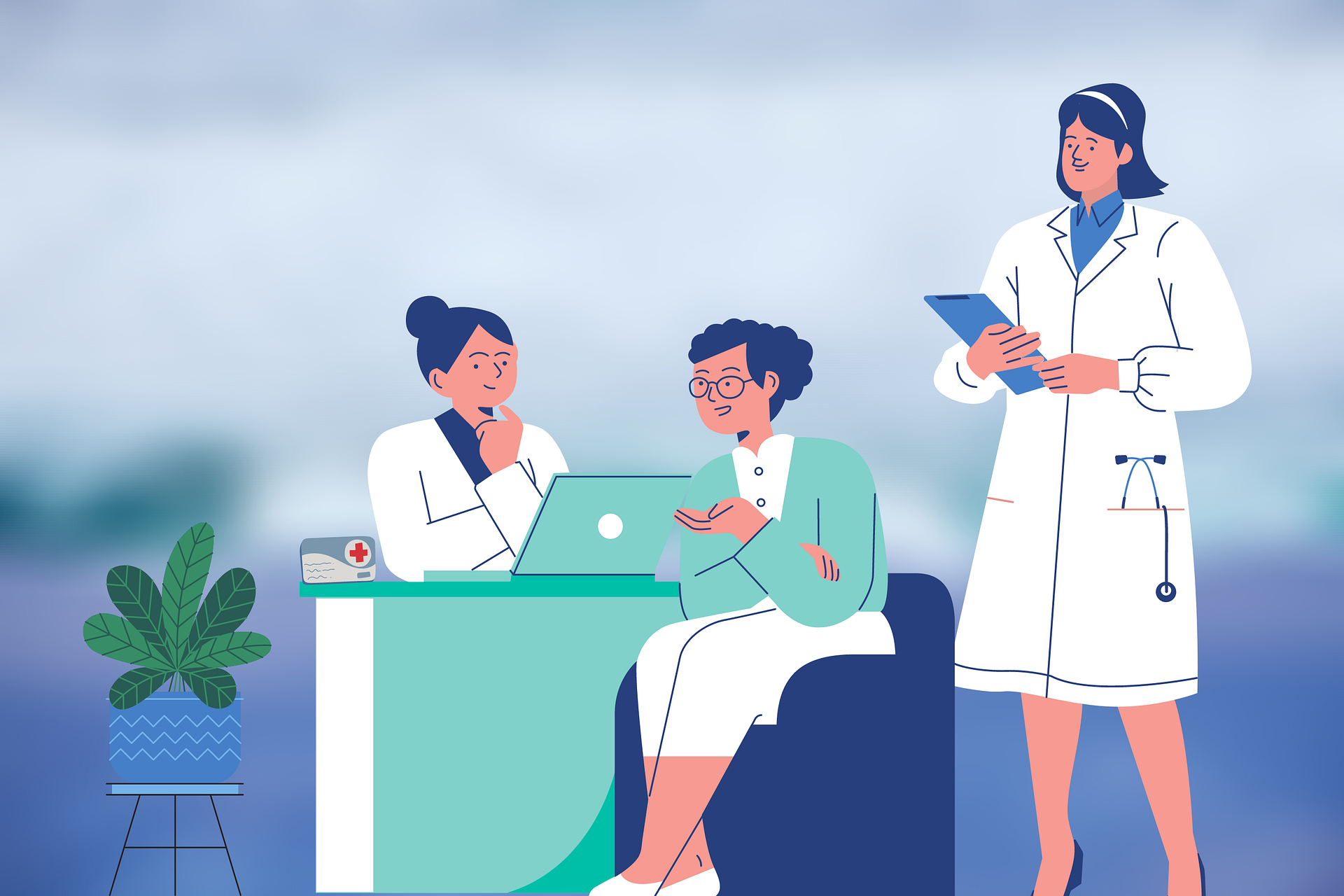Resources to Refer Patients to

Health information is often complex for patients, so it’s important to make sure they receive clear and understandable information. With the overload of health information on the Internet and social media, people have access to more information but it’s hard to know which sources to trust. The resources below are great starting points for reliable and trustworthy health information you can point your patients and their families to, that can help them ask questions and be active participants in their own health. Accessing and evaluating online quality health information can be challenging, so the following are vetted resources selected by experienced health sciences librarians:
- These resources are recommended better starting points than a general Google search
- Your patients and their families will seek out information on the Internet, so pointing them to quality sites and encouraging questions is a good way to engage with them
- Can help combat misinformation found, worthwhile to understand patient concerns and promote further education
General Resources
MedlinePlus.gov Easy-to-Read Materials
MedlinePlus is a consumer health information website, produced by the National Library of Medicine, one of the National Institutes of Health. Articles are written for the public, not health professionals. But, not all materials on MedlinePlus are at the same reading level. MedlinePlus does not decide the literacy level of materials, the people who write the materials decide if they are easy to read. In general, these summaries aim for a 5th to 8th grade reading level. This site is great to recommend for your patients and their families in general, but particularly for materials that are designated easy to read.
An alphabetical listing of all designated “easy-to-read” materials are available on the Easy-to-Read page or can be found on various health topic pages by looking for the “Easy-to-Read” label.
National Center for Farmworker Health: Patient Education Resources
The National Center for Farmworker Health (NCFH) is a private non-profit corporation, established in 1975, located in Buda, Texas. NCFH provides information services, technical assistance, and training to more than 500 private and federally funded migrant health centers as well as other organizations and individuals serving the farmworker population. The organization’s resources include bilingual patient education materials handouts and a few videos.
How Do Vaccines Work? A Lifeology “flashcard” Illustrated Primer
2020 (Lifeology)
A new collaboration between virology and public health experts Shauna Bennett and Jessica Malaty Rivera (The COVID Tracking Project), and UK artist Matthew Griffiths has resulted in a Lifeology “flashcard” illustrated primer on How Vaccines Work. The primer course is open access (CC-BY-SA) and available in both English and Spanish.
English: https://lifeology.us.lifeomic.com/static/ologies/healthcare/how-do-vaccines-work/index.html#/
Spanish: https://lifeology.us.lifeomic.com/static/ologies/healthcare/how-do-vaccines-work/es.html#/
Feel free to use and share. There are other COVID-related illustrated “flashcard” courses available in English and Spanish at The Coronavirus Center by Lifology.
Health Information Translations
Provides education resources in multiple languages for health care professionals and others to use in their communities. Resources are easy-to-read and culturally appropriate.
Healthwise: Health Content and Patient Education
Patient discharge and take-home summaries. Available to UNC only through Epic@UNC






